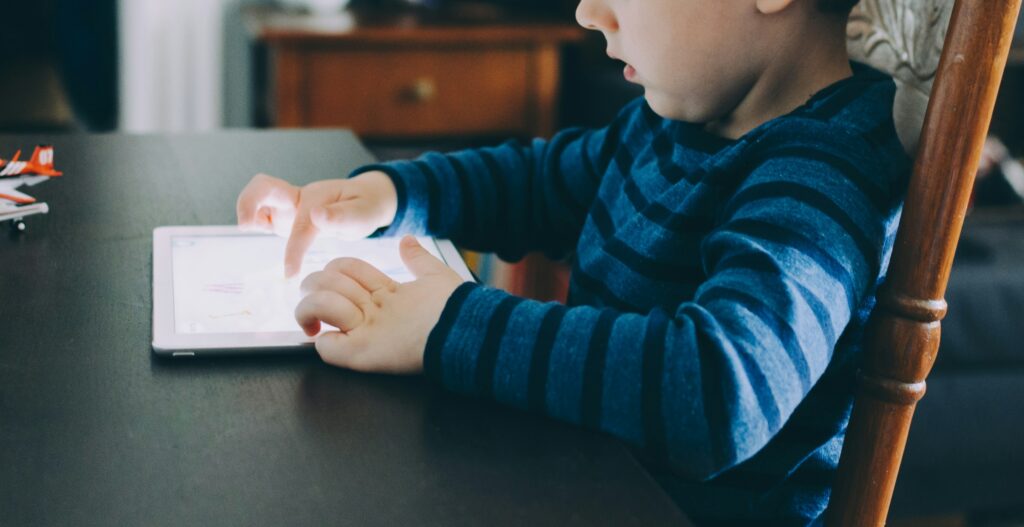In a world dominated by digital technology, excessive screen time has become a growing concern for mental health. The constant exposure to screens, whether through smartphones, laptops, or televisions, can have detrimental effects on our well-being. This article will explore the impact of excessive screen time on mental health and highlight the benefits of a digital detox. We will also provide practical strategies for implementing a screen time detox and offer tips for nurturing a positive relationship with social media. By incorporating a digital detox into our lives, we can enhance our mental health, build stronger relationships, and create a sustainable balance between the virtual and offline worlds.
Impact of Excessive Screen Time on Mental Well-being
Excessive screen time can have a profound impact on our mental well-being. Research has shown that spending hours scrolling through social media feeds or binge-watching television shows can contribute to feelings of anxiety and depression. This constant exposure to curated and often envious images can lead to a negative self-image and a constant need for validation.
Moreover, excessive screen time can disrupt sleep patterns, leading to fatigue and difficulty concentrating. The blue light emitted by screens suppresses the production of melatonin, a hormone essential for quality sleep. Sleep deprivation, in turn, affects our mood, cognitive function, and overall mental well-being.
The Benefits of a Digital Detox
Embarking on a digital detox offers numerous benefits for our mental health. By disconnecting from screens and engaging in offline activities, we give ourselves the opportunity to recharge and reconnect with the world around us. A digital detox can help reduce feelings of anxiety and overwhelm, leading to improved mental clarity and a sense of calm.
During a digital detox, we can rediscover our passions and hobbies, strengthening our sense of purpose and fulfillment. It allows us to be present in the moment, fostering stronger connections with our loved ones and nurturing our relationships. By focusing on real-life interactions, we can deepen our social bonds and enhance our overall well-being.
Practical Strategies for Implementing a Screen Time Detox
Implementing a screen time detox may seem daunting at first, but with a few practical strategies, it can be a rewarding and achievable endeavor.
- Set Clear Boundaries: Start by setting clear boundaries on when and how you use screens. Designate specific screen-free times, such as during meals or before bedtime, to create opportunities for relaxation and connection.
- Create Alternative Activities: Plan engaging and enjoyable activities that don’t require screens. This could include reading a book, going for a walk, practicing a hobby, or spending quality time with loved ones. By filling our time with meaningful activities, we naturally reduce our dependence on screens.
- Utilize Screen Time Limiting Tools: Take advantage of screen time limiting tools available on smartphones and computers. These tools allow you to set time limits for specific apps or websites, helping you regulate your screen use and maintain a healthy balance.
- Practice Mindfulness: Incorporate mindfulness into your digital detox journey. Pay attention to the present moment, using your senses to fully experience your surroundings. This practice can help you develop a deeper appreciation for the offline world while reducing the pull of digital distractions.
Nurturing a Positive Relationship with Social Media
While excessive screen time can be detrimental to our mental health, it’s important to remember that social media platforms can also be valuable tools when used mindfully. Here are some tips for nurturing a positive relationship with social media:
- Choose Quality Over Quantity: Rather than mindlessly scrolling through an endless feed, be intentional about the content you consume. Follow accounts that inspire and uplift you, and consider unfollowing those that evoke negative emotions or unhealthy comparisons.
- Engage Authentically: Instead of passively consuming content, actively engage with others on social media. Leave thoughtful comments, ask questions, and participate in meaningful discussions. Cultivating genuine connections can enhance your sense of belonging and well-being.
- Take Regular Breaks: Incorporate regular social media breaks into your routine. This could mean logging off for a day, a weekend, or even a week. By taking breaks, you can regain perspective, refocus on offline experiences, and prevent social media from consuming too much of your time and energy.
Creating Balance Between the Virtual and Offline Worlds
Incorporating a digital detox into our lives is not about completely abandoning technology. Instead, it is about creating a sustainable balance between the virtual and offline worlds. By consciously regulating our screen time and nurturing a positive relationship with social media, we can reap the benefits of both while safeguarding our mental health.
Let’s prioritize quality time with loved ones, pursue our passions, and engage in activities that bring us joy. It’s time to reclaim our mental well-being in this screen-dominated world.
“Disconnect to reconnect. Take a break from screens and embrace the beauty of the offline world.”

